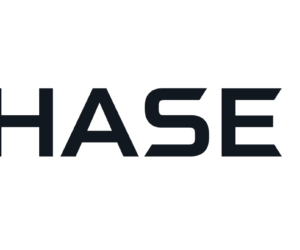Investing in a rental property can be a lucrative endeavor, but it also comes with risks. One essential aspect of managing those risks is having the right amount of liability insurance. The big question for landlords and property owners is: How much liability insurance do you need for your rental property? In this post, we’ll explore this topic in depth and help you determine the ideal level of coverage.
Understanding Liability Insurance for Rental Property
Liability insurance for rental property, often referred to as landlord liability insurance, is designed to protect landlords and property owners from financial loss in the event of accidents or incidents on the rental property that result in injury to a tenant, guest, or other third party. This insurance can help cover legal fees, medical expenses, and potential damages awarded in a lawsuit.
Factors to Consider When Determining the Right Amount of Liability Insurance
- Property Location: The location of your rental property plays a significant role in how much liability insurance you need. Properties in areas with a higher risk of accidents, such as urban environments or neighborhoods with a history of litigation, may require higher coverage.
- Property Type and Size: The type and size of the property can affect liability risk. Larger properties or properties with amenities, like a swimming pool, may require more coverage.
- Number of Rental Units: If you own a multi-unit property, the number of units can increase liability risks, as more tenants and guests are present.
- Property Condition: Well-maintained properties with updated safety features may present lower liability risks. Neglected or poorly maintained properties can increase risks and may require higher coverage.
- Local Legal Requirements: Some localities have specific regulations governing minimum liability insurance for rental properties. Always check with local authorities to ensure compliance.
- Property History: Consider the property’s history of accidents or claims. A property with a previous history of incidents may require higher coverage.
How to Determine the Right Amount of Liability Insurance
- Start with a Base Coverage:
- A common starting point is $1 million in liability coverage. This can provide a reasonable level of protection for many rental properties.
- Assess Your Risks:
- Evaluate the specific factors mentioned earlier to determine whether you need more coverage. For instance, if you own a large multi-unit property with a swimming pool in a high-risk area, you might want to increase your coverage.
- Talk to an Insurance Professional:
- Consult with an insurance agent or broker who specializes in rental property insurance. They can provide valuable insights and help you tailor your coverage to your unique needs.
- Consider an Umbrella Policy:
- In cases where you require additional liability coverage beyond the limits of your primary policy, you might consider an umbrella policy, which provides extra liability protection.
Understand How Much Liability Insurance Do You Need for Rental Property
The amount of liability insurance you need for your rental property is not a one-size-fits-all answer. It depends on various factors, including property location, type, size, and local regulations. To determine the right amount of coverage, carefully evaluate your specific circumstances and consult with an insurance professional. Finding the right balance of coverage ensures that you are protected against potential risks while managing the costs effectively.




